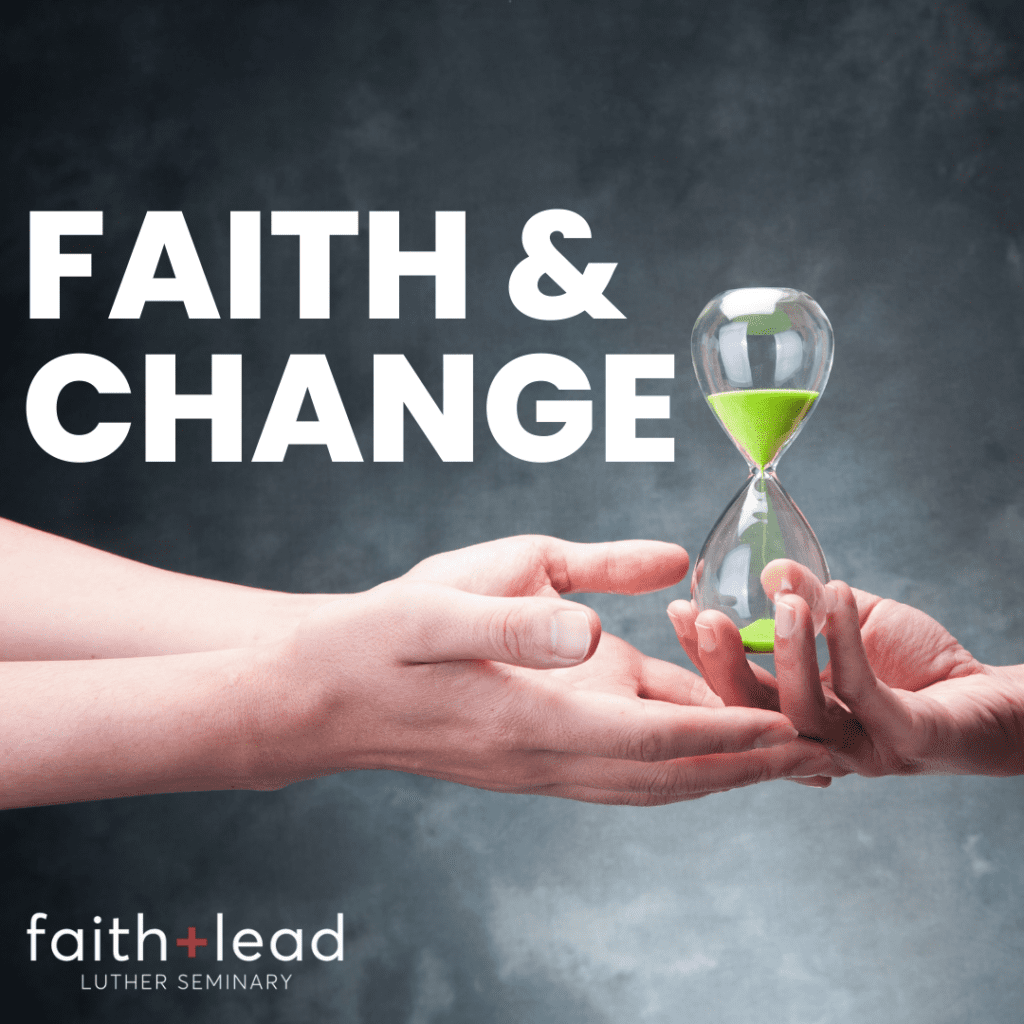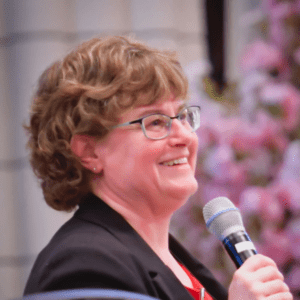As a coach, I often hear people expressing a desire to be more intentional about selecting how they spend their time and money, which leads to deeper reflection on why they do the things they do. Recently this desire has come more frequently from people both inside and outside of the church, wondering why faith communities focus time, money, and attention on certain things. Why do we worship the way we do? Why do we serve these people? Why do we do what we do?
It can be difficult to get beyond the simple answers of “because it’s what we do” or “it’s what we have always done.” As we move into new ways of being together, it is a great time to explore those questions more deeply. The disruption forced upon us by the pandemic also offers an opportunity to stop, reflect, and ask some key questions so that we move faithfully into the future, rather than return to long-standing routines without reflection.
Discern your “why”
There are abundant videos, articles and books to teach us how to be productive about our personal why. When we are thinking about the “why” of our faith community, however, we need to shift from thinking and focusing on our personal “why” to discerning together about God’s why. This is best done with a group of people who are able to pray together and have courageous conversations about what they are learning from scripture and each other about the Kingdom of God.
The Kingdom of God is like …
One way to describe a faith community is to say that it is a place or gathering in order to practice and model the Kingdom of God. But what does the Kingdom of God look like in 2022? In the book of Matthew, Jesus tells stories about what the Kingdom of God is like with parables about things like a mustard seed (13:31-32), yeast in bread (13:33), or a field that has been sown with good seed and weeds (13:24-30). Many of us have heard these parables since we were children, when we learned them as very literal stories. Often we haven’t taken the opportunity to engage them with our adult abilities, to wonder what those parables might sound like if Jesus were to tell us those stories today. Here’s a basic framework to help a team engage this important work.
- Take time to think and pray about what the Kingdom of God is like in scripture. As individuals, and then together, read Matthew 13 to find the passages about what the Kingdom of God is like. In pairs, share what catches your attention about these descriptions, then come back to the large group and share what you heard. Make a list of descriptive words that your group thinks would describe the Kingdom of God today.
- Imagine what the Kingdom of God might look like today. Think about your work together, as you build deeper relationships with God, neighbors and each other. How might that be bringing the Kingdom of God to light in your context? What would it look like? If you were to write a new analogy for your community and context, how would you finish this sentence “The kingdom of God is like … ” using common, everyday stories and words? Write several versions of the sentence. Even Jesus needed several parables to communicate this vision! Read through your sentences and think about your context and wider community. Where do you see signs that God is already at work, that the Kingdom is already here?
- Explore your “why.” Now that you have taken time to listen to God and each other, you are ready to explore the “why” of your community. What might God need of your particular people in this particular time and place? Think about the people that God has already brought together. Are there themes around their interests or needs? What talents are present? Using these resources, what are some ways that your faith community might join in and be an active partner in what God might already be doing? What resources (people, talents, space, funds) might God be inviting you to invest in the vision? Engaging in this conversation will begin to bring the why of your community into focus, and give you insights and parameters to evaluate current ministries and direct future endeavors.
- Try some new things. Since we can’t know with 100% clarity what God is doing, it’s helpful to try some small experiments to see what might be learned. How can the resources identified in the previous step be engaged? What do we need to keep doing, learn, or change in order to align our use of time, talents and other resources with what God is asking of our community?
This framework of questions allows a group to engage in healthy reflection in order to respond to the current needs of the people in their faith and wider communities. The questions, while simple in form, may be difficult to answer, and may bring to light needed changes in how the group meets and serves. The reflection process can’t be completed in one short meeting, and decisions to move into new directions or patterns of gathering may bring grief and conflict. As a team coach, I am often called in to walk alongside teams to make sure they don’t abandon this important work when conversations become difficult or hard decisions need to be made.
And.
Having these conversations provides an opportunity to move your faith community from operating out of habit or self-preservation to engaging in active discernment and discipleship. The energy of your engaged people won’t be spent on activities that don’t fill their spiritual well, and, because your people will know why they are engaged in those activities, and people outside of the faith community will be able to see and understand the purpose of the community more clearly.
We’d love to hear how this practice works for you! If you try this in your context, share what you learned in the Faith+Lead Learning Lab. Practices like this can be used anytime to spur engagement.




